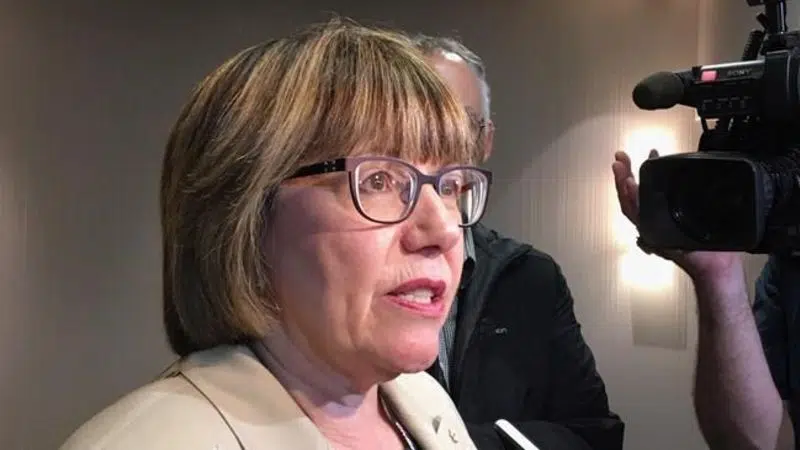
Keep justice minister and attorney general one role: McLellan report
OTTAWA — The former Liberal cabinet minister tasked with looking into whether the roles of justice minister and attorney general should be separated is recommending no structural changes should be made.
Anne McLellan was enlisted by Prime Minister Justin Trudeau to examine the possibility of splitting the two roles in the federal cabinet in light of concerns raised by former justice minister Jody Wilson-Raybould as part of the SNC-Lavalin affair.
The Prime Minister’s Office released McLellan’s findings Wednesday afternoon, just hours after ethics commissioner Mario Dion’s report concluded that Trudeau violated the Conflict of Interest Act by pressuring Wilson-Raybould to halt the criminal prosecution of the Montreal engineering firm.
In her report, McLellan said she does not believe that splitting the two roles would help to protect prosecutorial independence and promote public confidence in the criminal justice system.


